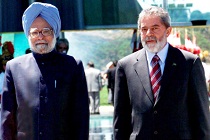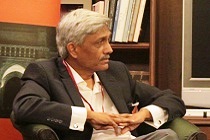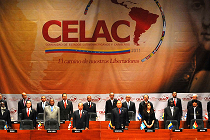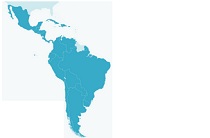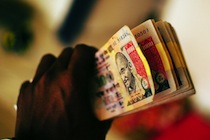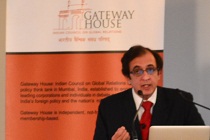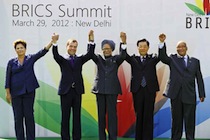Why we need the Volcker Rule
Front running is a form of insider trading, where investment banks use customers' trading information to trade for themselves, ahead of their clients. This practise results in huge losses to the investors, and abates trust in financial markets. How can the Volcker Rule contain this practice on a global scale?


